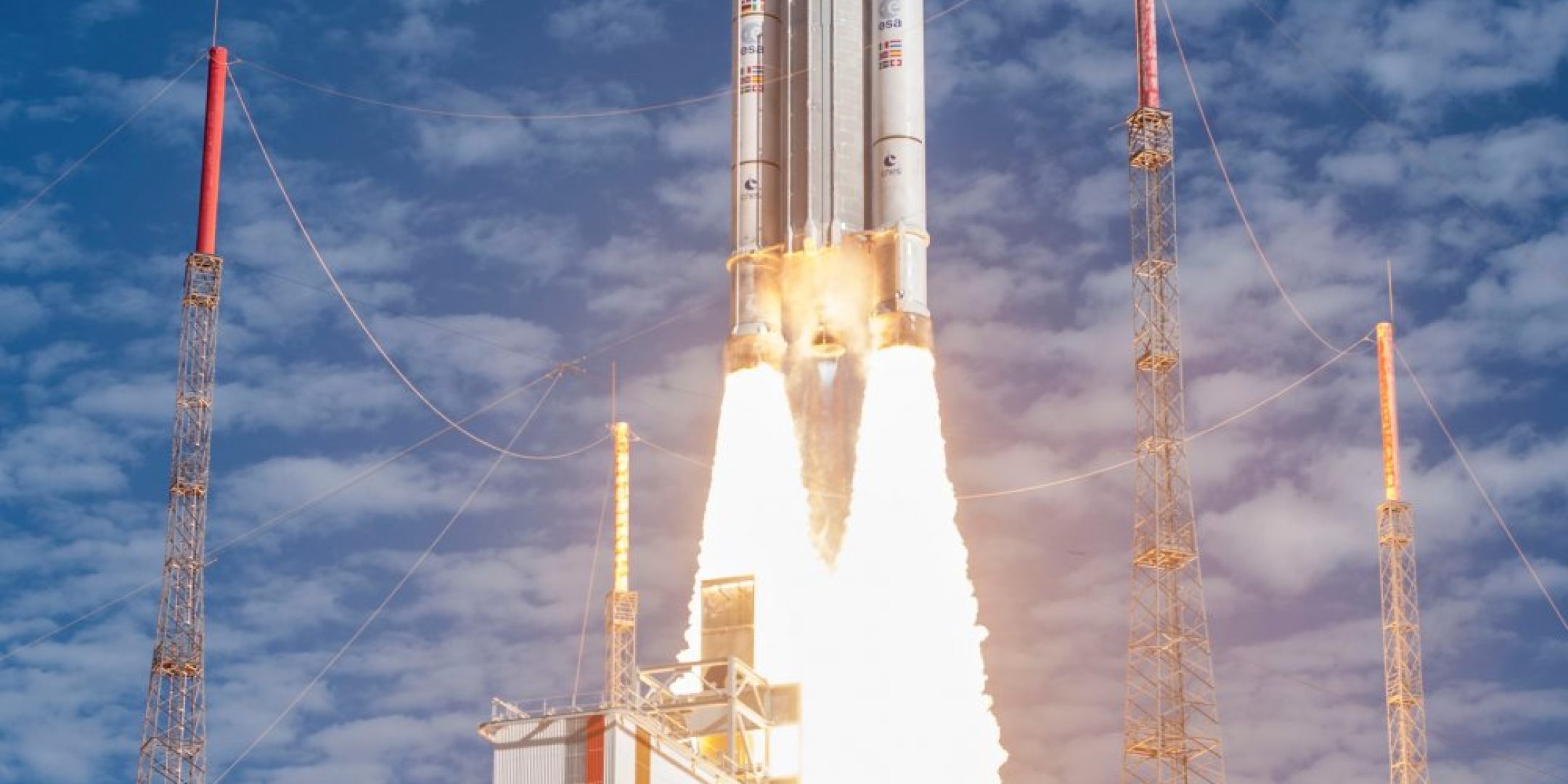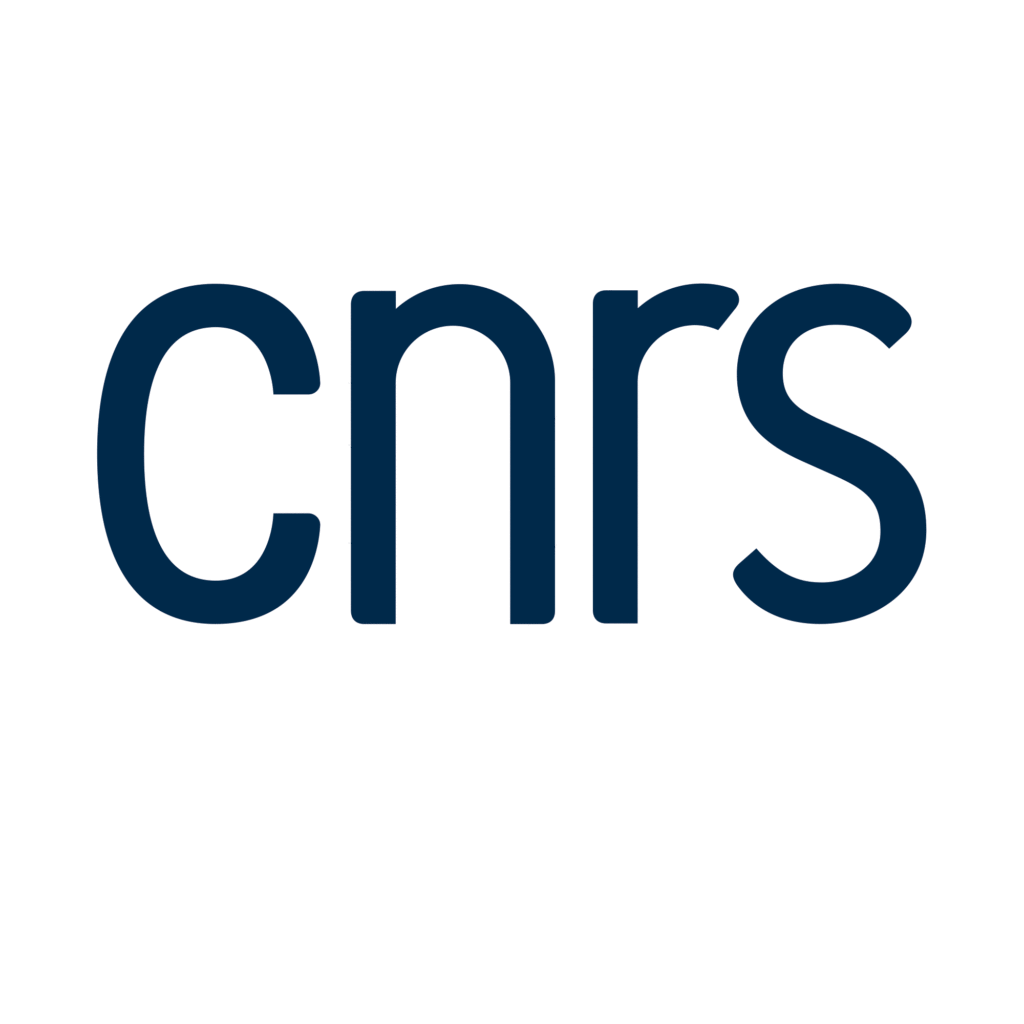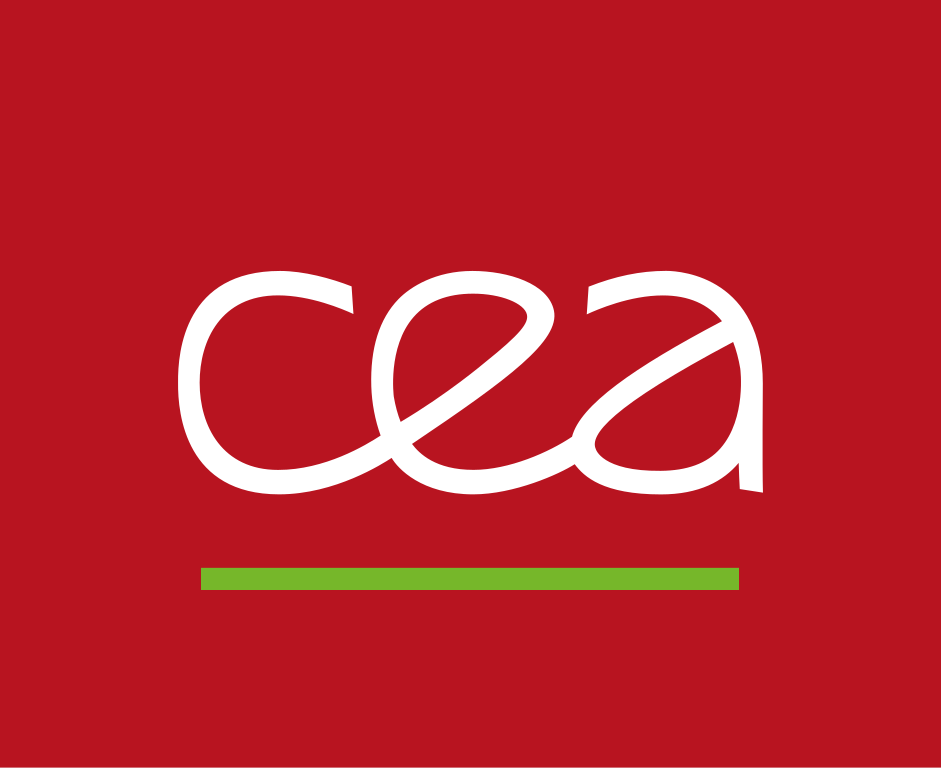On Wednesday 25 July, in the presence of Frédérique Vidal, French Minister for Higher Education, Research and Innovation, Ariane 5 completed its third flawless launch this year from Europe’s spaceport at the Guiana Space Centre (CSG), orbiting the 23rd, 24th, 25th and 26th satellites for the Galileo constellation, Europe’s satellite navigation programme. The flight was the fourth of the year from the CSG and Ariane 5’s 99th in total.
The Galileo satellite navigation system entered service in December 2016 and provides Europe with an extremely precise, reliable and secure satellite navigation system. These four new satellites will further boost the performance of the constellation, which already delivers an unprecedented degree of precision and variety of applications.
The four satellites, each weighing slightly over 700 kilograms, were placed in a circular inclined orbit at an altitude of 22,922 kilometres. Final positioning will be performed by around 70 https://fscience-old.originis.fr/wp-content/uploads/2023/06/GLOC_Oslo_Norway_S2_27juillet2022_web-2-1.jpg personnel at the Toulouse Space Centre (CST), who will be working 24 hours a day for 13 days, before handing over the satellites to the Galileo Control Centre in Munich. A month and a half later, https://fscience-old.originis.fr/wp-content/uploads/2023/06/GLOC_Oslo_Norway_S2_27juillet2022_web-2-1.jpg will again play a key role through to October for the calculation and programming of the 20 or more manoeuvres needed to place each satellite in its final orbital position.
When the launch success was announced, Frédérique Vidal commented: “This latest success for Ariane shows that Europe’s space community is up there with the best in the world. I congratulate all partners in the Ariane 5 and Galileo programmes, two iconic achievements of European space policy: https://fscience-old.originis.fr/wp-content/uploads/2023/06/GLOC_Oslo_Norway_S2_27juillet2022_web-2-1.jpg, ESA, the European Commission, Arianespace, ArianeGroup and all the European contractors involved. With this latest success and the rapid development of Galileo applications, Europe’s space community hasn’t just maintained its rank, it’s at the forefront of advances in space technologies.”
https://fscience-old.originis.fr/wp-content/uploads/2023/06/GLOC_Oslo_Norway_S2_27juillet2022_web-2-1.jpg President Jean-Yves Le Gall added: “I’d like to congratulate the teams at our four centres of excellence for flying the flag for French and European space expertise: Head Office, managing France’s contribution to Galileo; the Launch Vehicles Directorate (DLA), which played a key role adapting Ariane 5 for this mission; the Toulouse Space Centre, where our teams will now be positioning the four satellites; and the Guiana Space Centre, where they were launched. Well done everyone!”

